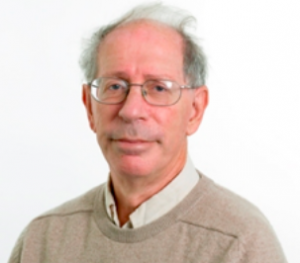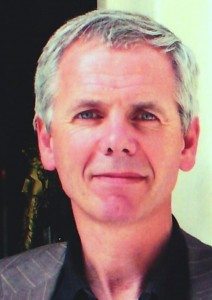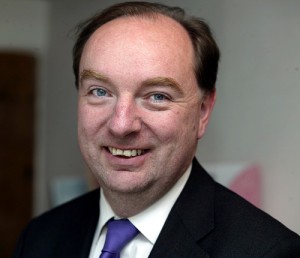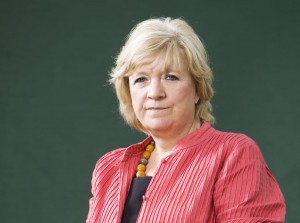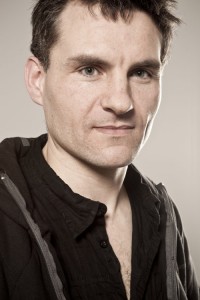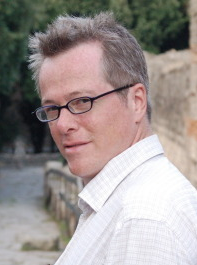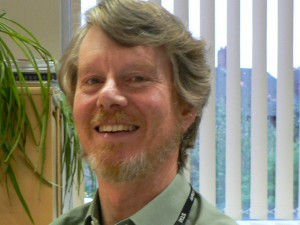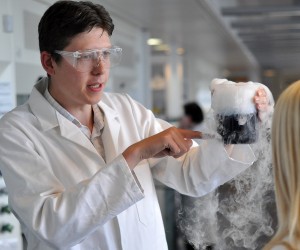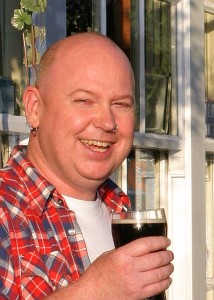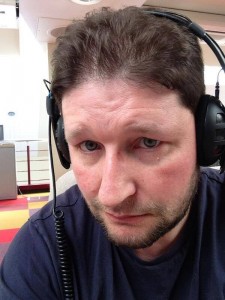29th of January 2016 End of an Era? Has Globalisation passed its sell-by date?
“Raphie Kaplinsky is a development economist and an Honorary professor at the Science Policy Research Unit, Sussex University and an Emeritus Professor at the Institute of Development Studies at Sussex and at the Open University. He has published extensively on the related themes of globalisation and unequalisation. He has also assisted governments, the United Nations, firms and local authorities in developing policies to promote industrial and technological restructuring. More recently he has been working on urban regeneration in Newhaven and on the North Street Quarter in Lewes and is assisting the United Nations economic Commission on Africa in the development of their Green Growth Strategy”
On the talk.
“We live in an era of considerable economic insecurity, with the global and UK economies slowing from the high levels achieved in earlier decades. We also live in an era of growing social and political turmoil. Are these developments related?
This (highly speculative) talk will explore the extent to which these unfolding events can be explained by the exhaustion of a pattern of globalisation which has driven economic growth in much of the world since the end of WW2.”
